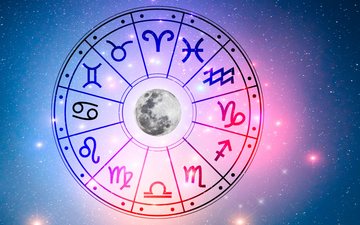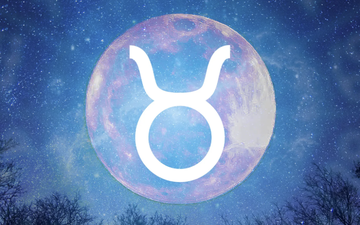
Today - February, date 29. Every four years, the calendar does not contain 365 days, but 366. Therefore, 2020 is called a leap year. The term "fragile" is thought to come from the ancient Romans. They believed that the leap year was followed by epidemics and diseases. But, it's just an unfounded thought.
What happens if we don't add a day every four years?
The earth revolves around the sun in 365 days and six hours, which means there is an extra day every four years. If we don't add an extra day, then centuries from now, people can shop for Christmas in June.
This change in the calendar came to Rome and then to the Western world from the Egyptians, who along with the Maya and the Babylonians, were among the first to accurately determine the Earth's rotation around the Sun.
In fact, the "extra" 6 hours each year is actually 5 hours, 48 ??minutes and 46 seconds. Therefore, Pope Gregory XIII, convinced that the holidays were being celebrated incorrectly, proposed in 1582 his calendar, which does not add an extra day to years that are proportional to 100, but not to 400. So, the year 2000 was a leap year, but 1700, 1800 and 1900 not. Nor will 2100 be. The Gregorian calendar is the most widely used calendar in the world today.
Leap year is known as "leap year" or "year of transition", because it shifts the marked dates by two days. For example, in 2018, Christmas fell on a Tuesday, in 2019 on a Wednesday, while this year it will be on a Friday, while if it was not a leap year, it would be on a Thursday.
What are the odds of being born on February 29th (like Capital T for example)?
According to studies, the chances of being born on February 29 are 1 in 1,461. Those born on this date usually celebrate their birthday on March 1, because nobody wants gifts only every four years.
The superstitions of February 29 are different, but the most common are related to marriage and birthdays. According to Greeks and Ukrainians, there is a myth that whoever gets engaged/married on February 29, the relationship will end in separation or divorce. The same idea for people who have a birthday on this date: It will be an unlucky person in life.
In general, the Greeks, Scots and Germans believe that this will be an unlucky year, and "leaplings" are precisely associated with the birth of a child who will experience untold suffering.
Birthday fortune-telling is not supported by Americans, who think that the "leap year" is a lucky year and celebrate this important event for 4 days.
However, of course, they are just myths and have no scientific basis.
In Scotland, on February 29, a tradition is broken that usually lasts the whole year. On this date, women can propose to men themselves. This also brings another tradition: Men celebrate the bachelor party.
Thus, every 4 years, women get the courage to kneel down and ask their partners for their hand, to crown their love in marriage. To top it off, in Scotland, if men refuse a proposal, they pay a fine, following a tradition dating back to 1288, when Queen Margaret made it law that any man who rejects a proposal in "leap viitn" will pay a fine.
While in London, the "leap year" is celebrated with a unique cocktail, created by Harry Craddock, a barman, who created it in 1920. While working at the "Savoy" hotel in London, in 1928, he drank the cocktail to celebrate the "leap year". The ingredients of the cocktail are: gin, vermouth, lemon juice and Grand Marnier.





